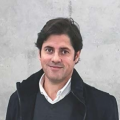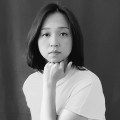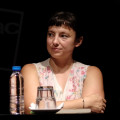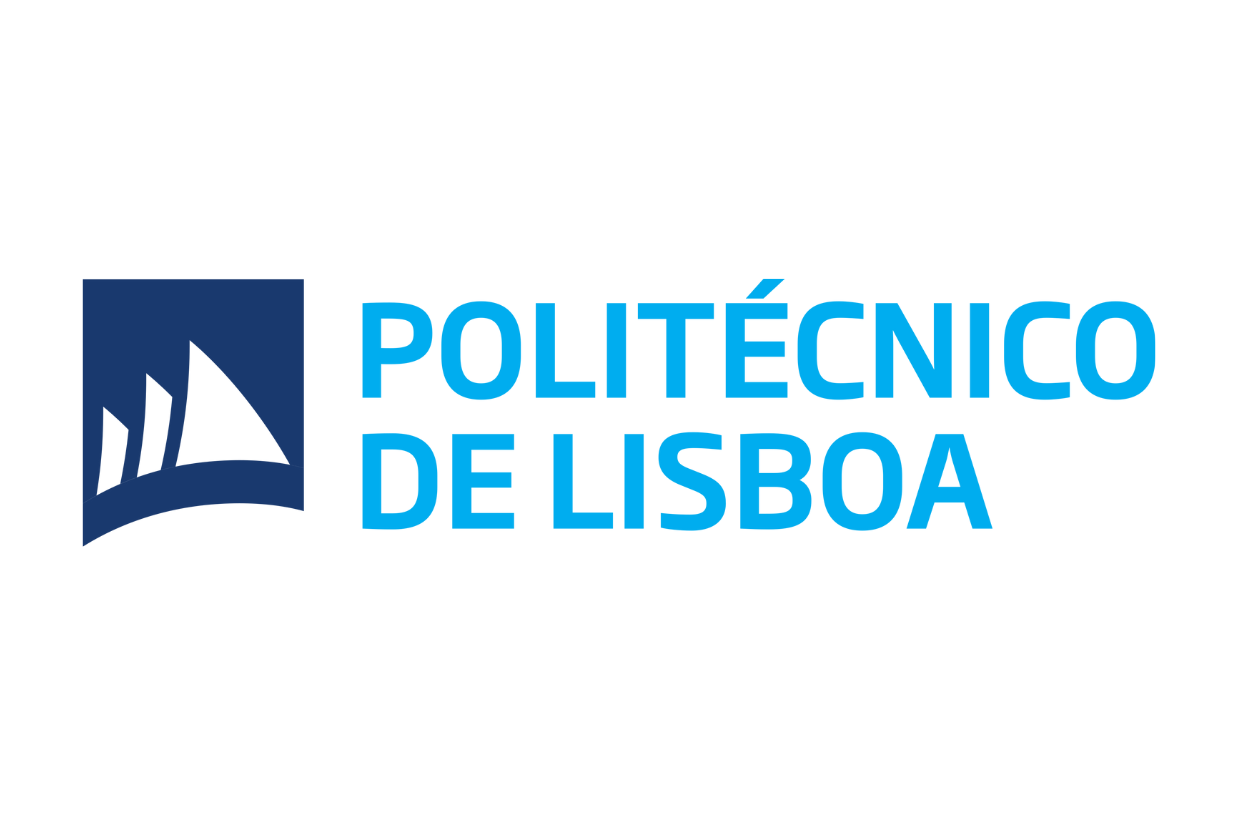
Seventeenth International Conference on Design Principles & Practices
- New Agendas for Design: Principles of Scale, Practices of Inclusion
- 29-31 March 2023
- Polytechnic Institute of Lisbon, Lisbon, Portugal + Online
Modern frameworks for understanding and action have been viewed as anachronistic since the advent of a "post-modern" world. These frameworks are now commonly seen as representing a process of a universalizing knowledge colonization, asserted over space and time; determined by the totalizing force of commodification; critiqued as a viable path of history if we seek to move towards more equitable social, political, and economic formations.
Strategically, a "post-modern" critical posture is underwritten by the quest to create room for alternatives. It is to suggest not only that other social worlds were possible, but if we cared to look, already existing in some sites of social and cultural practice. Such social worlds, presently or future-oriented, are not based on universal(izing) worldviews but principles of multiple scale and practices of inclusion grounded in the insistence of authentic personhood and localized senses of authenticity. This strategic move has helped decolonize knowledge systems, offered a critique of capitalist development, and informed fundamental social justice pathways for people who have been historically marginalized by mainstream society and totalizing frameworks of knowledge and culture.
Meanwhile, history moves forward. The appearance of political, economic, biological, and ecological crises reveals new fissures in everyday life, and novel conceptual and practical problems to solve. We live in times that see us greatly divided along ideological lines, by economic disparities, and between communities of affinity and identity. We seem to have lost sight of the ideal of commonly accepted truths. Our public debates rarely rise above the shallows of personal opinion. Feelings of affinity seem to apply to ever more narrowly defined groups while crisis becomes more universal. The assertion of individual personhood has become the prime source of unfettered value in informational economies, rather than sociable principles of self in the context of community emancipation.
At the Seventeenth International Conference on Design Principles & Practices, we want to put design principles and practices at the center of this conversation. The designer plays a critical role as a constitutive element of our cultural and material reality. The logic of our design(ing) practices embody principles of community and sociality. The immaterial and material objects we share with the world manifest as forms of intervention. In new and dynamic ways, the time has come to reflect on the post-modern turn and the utility of its principles for understanding and action in our current times. We will ponder the ways in which this conceptual framework might have become outmoded too. And if so -- what comes next?

Vice President of Higher School of Education of Lisbon, Lisbon Polytechnic, Portugal
Coordinator of the Visual Arts and Technologies Degree
DesignLab4U Founder

Architect; Researcher; Professor, Sapienza University of Rome, Rome, Italy

Architect; Professor, Sapienza University of Rome, Rome, Italy
The Seventeenth International Conference on Design Principles & Practices featured plenary sessions by some of the world’s leading thinkers and innovators in the field.

Architect; Researcher; Professor, Sapienza University of Rome, Rome, Italy
"Reflecting on new possible taxonomies for design"

Director of UNIDCOM/IADE; Full Professor at IADE – Universidade Europeia, Lisbon, Portugal
"More or less? Designing degrowth while riding a planetary crisis"

Co-founder of Dream it · Make it and Fibra-studio; PhD student in Urban Studies at ISCTE-IUL, Lisbon, Portugal
"MASS — from industry to mastery"

EADE; University of Wales in Málaga; EEAASS Diseño León XIII; University of Málaga, Spain
"Investigación y educación en Diseño: retos y estrategias" (In Spanish)

Professor, University of Lisbon, Portugal; CEO at Almadesign
“Design Driven Innovation for sustainable and inclusive systems – research and practice”

Co-fundador de MLKT design studio, Profesor, EEAASS Diseño León XIII, Málaga, Spain
"Estrategias de diseño de interiores corporativos: entre el espacio físico y el entorno digital” (in Spanish)

Co-fundador de MLKT design studio, Profesor, eAM’ Universidad de Malaga, Spain
"Estrategias de diseño de interiores corporativos: entre el espacio físico y el entorno digital” (in Spanish)
For each conference, a small number of Emerging Scholar Awards are given to outstanding graduate students and emerging scholars who have an active research interest in the conference themes. Emerging Scholars perform a critical role in the conference by chairing the parallel sessions, providing technical assistance in the sessions, and presenting their own research papers. The 2023 Emerging Scholar Award Recipients are as follows:

University of North Texas, USA

Symbiosis International University, India

Lasalle College of the Arts, Singapore

Università Iuav di Venezia, Italy

Pratt Institute, USA

Indian Institute of Technology Kanpur, India

Universidade Europeia of Lisbon, Portugal

Universidade Europeia of Lisbon, Portugal

Frederick University, Cyprus

University of Edinburgh, UK

University of North Carolina at Charlotte, USA

Carnegie Mellon University, USA

Stanford Legal Design Lab, USA

Hochschule Macromedia, Germany

Lisbon, Portugal

Rome, Italy
